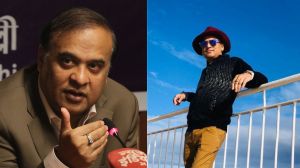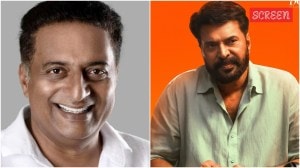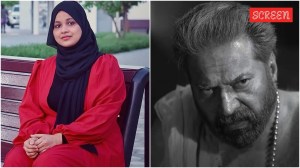Stay updated with the latest - Click here to follow us on Instagram
Another nation set to enforce social media age restrictions to tackle fake news, online abuse
The government's decision to restrict social media comes wrapped under its new Social Media Policy 2025, which will be taken to the parliament this month.
 The government said the changes were needed to stop online abuse, fake news and scams. (File Photo)
The government said the changes were needed to stop online abuse, fake news and scams. (File Photo)Following the footsteps of Australia, Britain, Norway, and European Union countries, Papua New Guinea is now in the “early” stages of discussions with Meta on imposing age restrictions to reduce the impact of harmful content. This has fuelled further criticism of the government’s “heavy-handed” approach so far on social media regulation.
The government’s decision to restrict social media comes wrapped under its new Social Media Policy 2025, which will be taken to the parliament this month. Under the policy, users aged 14 and over will need a SevisPass digital ID, before they could log in to platforms like Facebook, TikTok, Instagram and X.
The government said the changes were needed to stop online abuse, fake news and scams. Social media companies will also have to register in Papua New Guinea and follow local laws, and a new national e-Safety Directorate will be set up to monitor harmful content.
“We are in early discussions with Meta on enforcing age verification as a start,” PNG’s information and communications technology department secretary, Steven Matainaho, told the Guardian.
A government source told the Guardian the cabinet had approved the social media policy and that it would be tabled in parliament when it sits next month.
Meta has not responded to the move yet.
Concerns rise in Papua New Guinea
Attempts to regulate online content and platforms has driven public concern in Papua New Guinea about access to information and fears of censorship.
“On paper it sounds like protection, but in reality it could silence people who rely on Facebook or TikTok to speak out,” Jonathan Makil, a political science student at the University of Papua New Guinea told Guardian.
Emmanuel Tipi, a comedian known as KabbageGang on Facebook, said the platform was “one of the most powerful tools for ordinary Papua New Guineans to share information, express themselves, and access news beyond traditional media, reported The Guardian.
“If the government introduces heavy-handed regulations such as ID registration, it risks silencing voices, especially those who rely on humour and creativity to educate and engage,” Tipi said. “People may feel less free to interact, comment, or share because of fear of surveillance.”
In March, under new anti-terrorism laws that gave the government powers to monitor and restrict online communication, the PNG government temporarily shut down Facebook as a “test” to assess its capabilities to regulate online content and was met by an outrage.
Facebook is the most widely used platform in the Pacific nation of around 11 million people and is commonly used for political discussions and activism.
Australia’s under 16 social media ban
Australia is set to curb social media usage for people under the age of 16 beginning this December. TikTok, Instagram, Facebook, X, Snapchat, and recently Youtube are a part of the apps included in the ban. The country will use a AI-based system to determine the age of the people, rather than a blanket age check.
The ban was initially announced in November last year by introducing the new Online Safety Amendment (Social Media Minimum Age) Bill 2024, which puts the onus on social media companies to prevent children from accessing their platforms.
Similar echoes are found in other parts of the world like Britain, France and Singapore.
Nepal’s Gen Z uprise
Nepal’s capital witnessed its deadliest unrest in years over the government’s decision to ban over two dozen social media platforms, including Facebook, Instagram, WhatsApp, X and Reddit.
Authorities accused these platforms of failing to register with Nepali regulators and of being misused for hate speech, misinformation and fraud. TikTok was the only major platform to comply and remains accessible.
At least 19 people were killed and over 50 injured in the deadly protest that led to the fall of KP Sharma Oli’s government.
The organisers said the protests reflect young people’s widespread frustration with the government and anger over its policies. Crowds chanted “stop the ban on social media, stop corruption not social media” waving red and blue national flags.
Photos



- 01
- 02
- 03
- 04
- 05




























